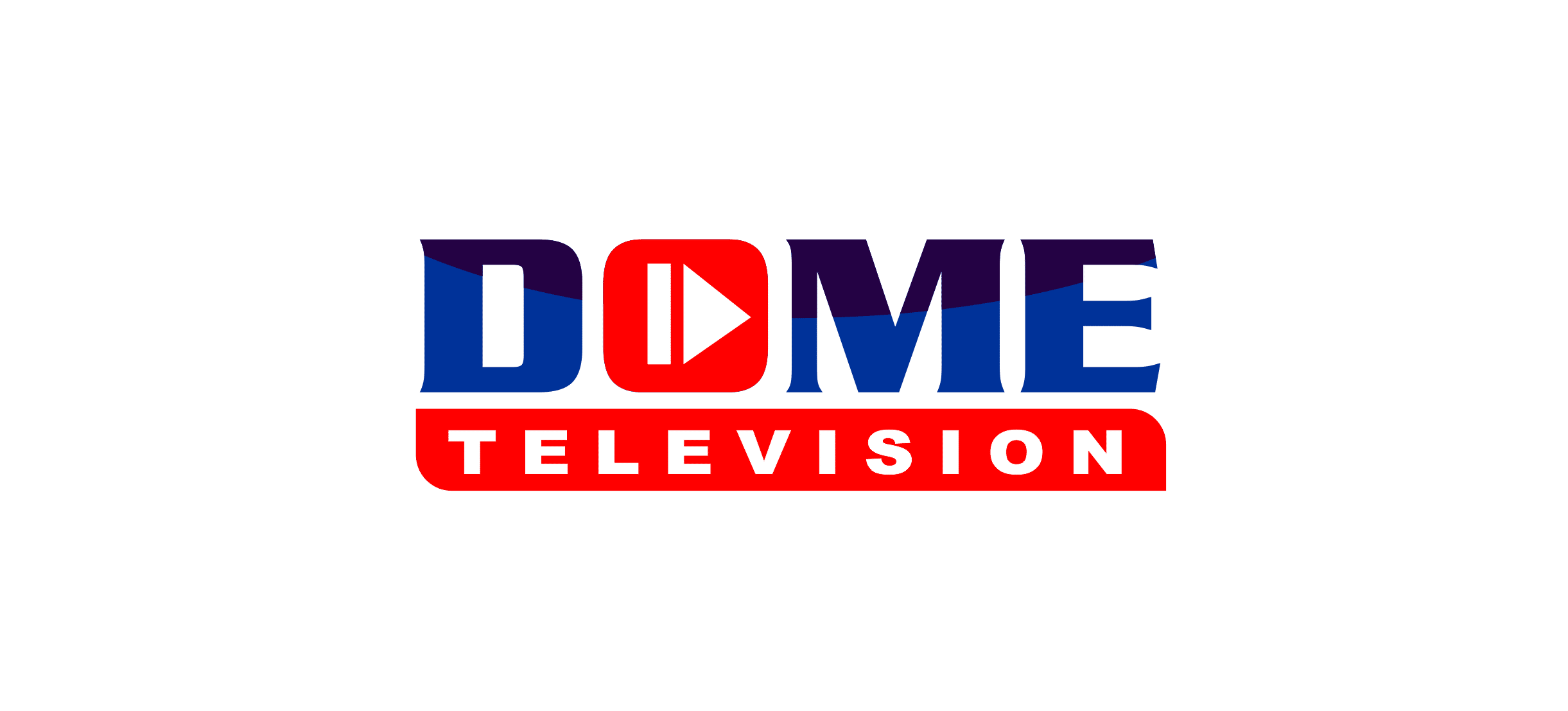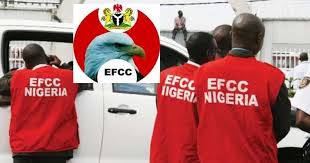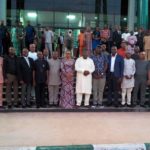|
Getting your Trinity Audio player ready...
|
A survey conducted by the United Nations Office on Drugs and Crime, UNODC, indicates that as far as Nigerians are concerned, the Economic and Financial Crimes Commission, EFCC, remains the most effective government agency in the country.
The report of the survey, which was published in the UNODC’s July 2017 publication, titled, “Corruption in Nigeria. Bribery: Public Experience and Response”, was based on data collected in a survey of 33,067 households on corruption conducted in all 36 states and FCT.
The anti-graft agency was ranked among sister anti-graft and law enforcement agencies including the Nigeria Police, the Independent Corrupt Practices and Other Related Offences Commission, ICPC, the Code of Conduct Bureau, the Nigeria Financial Intelligence Unit, the Nigeria Extractive Industries Transparency Initiative, the Public Complaint Commission, Federal High Court, Federal Ministry of Justice, Bureau of Public Procurement, Special Control Unit Against Money Laundering and Technical Unit on Government and Anti-corruption Reform.
“The EFCC receives the highest perception of effectiveness rating at 78.3 per cent,” the report stated, an indication that more than 25,000 of the households surveyed believed that the EFCC was effective in the discharge of its mandate.
The report, formed part of the “Support to Anti-Corruption in Nigeria Project”, sponsored by the European Union (EU), and the UNODC, in partnership with stakeholders of the project. The project which launched the “Household Survey Report on Corruption in Nigeria” was rounded off with a stakeholders’ meeting held at the Transcorp Hilton Hotel, Abuja, on August 16, 2017.
Cristina Albertin, UNODC’s country representative in Nigeria, acknowledged the efforts of the “partners and stakeholders in the collective journey undertaken to end corruption in Nigeria”.
While commending the “14 anti-corruption agencies, 10 civil society organizations” and the United Nations Development Programme (UNDP), for their dedicated efforts, commitment and collaboration, Albertin said, “UNODC will continue to be a staunch ally to Nigeria in its efforts to erase corrupt practices, bring offenders to justice, recover stolen assets and educate and sensitize the people on the need for fair, accountable and transparent systems.”
Ibrahim Magu, acting EFCC Chairman, who was represented by the Director of Operations, Mohammed Umar, expressed his gratitude to the EU and UNODC for “being a reliable and committed partner in the global fight against corruption and their unrelenting effort and interest in the joint anti-corruption work in Nigeria”.
He commended the sponsors of the project for sponsoring 150 officers of the agency in the areas, and providing the agency with e-library hardware and software, sentinel analyzer tools, financial analysis software, and relevant publications.




